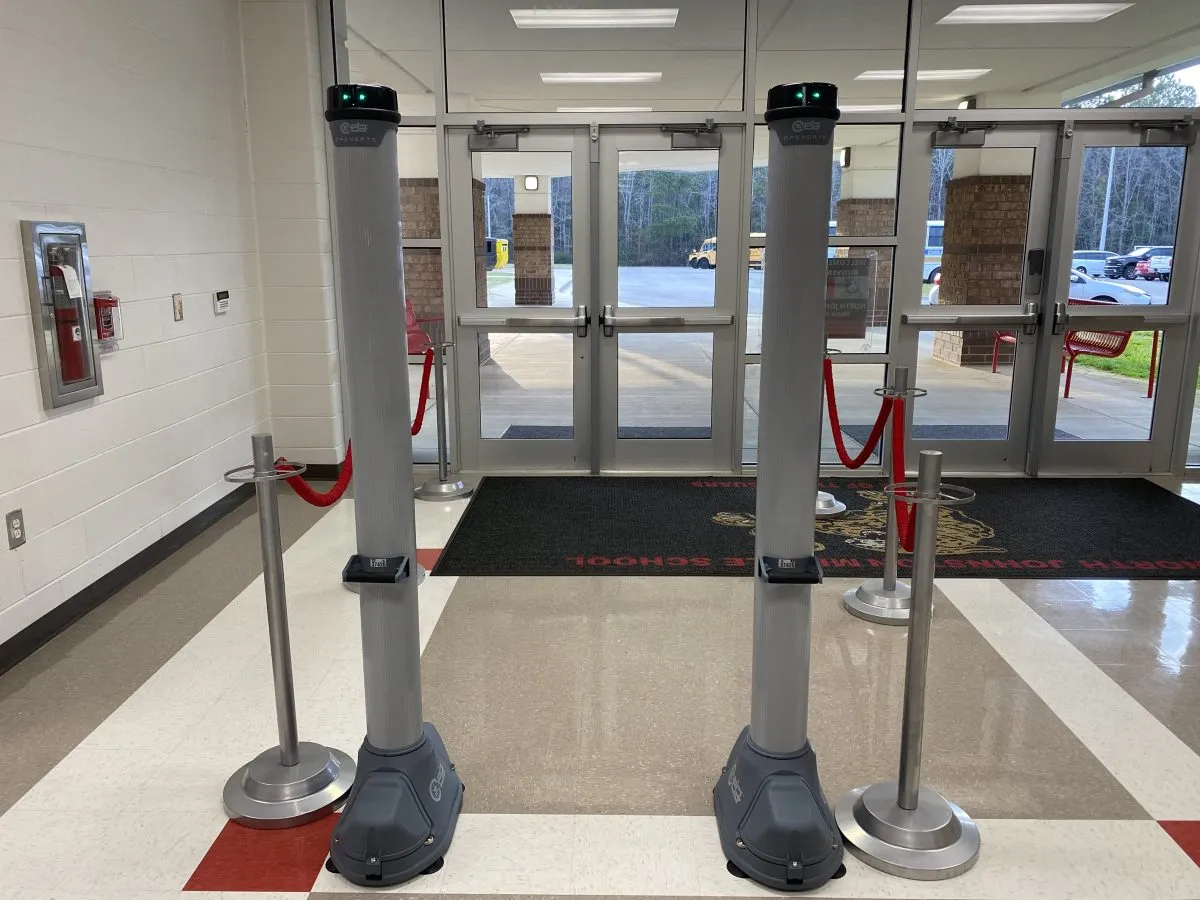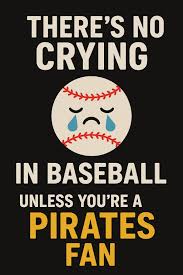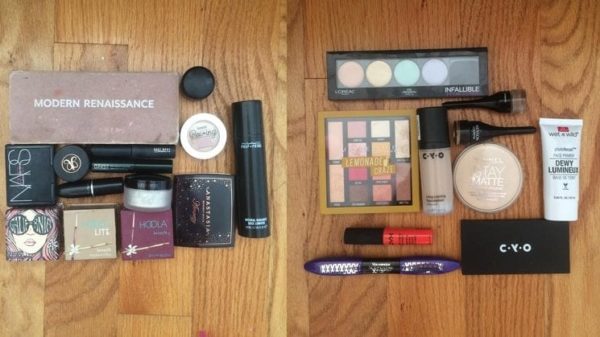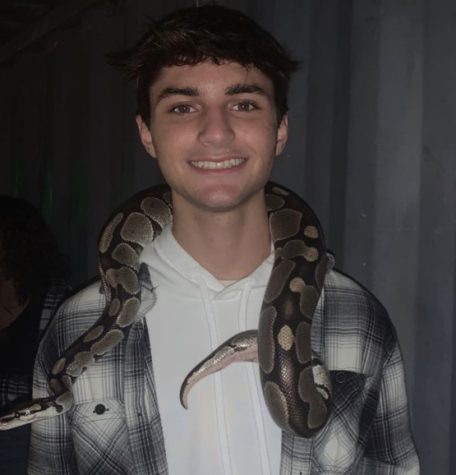Walk through the school, the city, look around at a stoplight, or anywhere you go. You will see plenty of faces, but a scary percentage of those faces are staring down at a phone. It is not just Gen Z, no matter how much the internet says so. Phones have become an integral part of our lives nowadays and it is not all bad. The ability to instantly take a photo, send information, and connect with people anywhere is a technology that was science fiction just 50 years ago.
Then comes social media. It is not a necessity, but merely an addition. It is an interesting addition nonetheless, but its evolution is slowly regressing. Some people use social media just to post their Christmas photos or their family’s birthdays, while others post every little event in their lives.
What is happening now is that social media consists of large open spaces and then extremely personal spaces. The positive aspect is that people can comment and reply to other comments on a public post on social media, which is great for debate and just simple interaction about a topic online.
“On the one hand, I’ve been able to keep up with friends and family around the world and even learn from some educational accounts that I follow,” anatomy teacher Tim Taylor said.
Then comes the other half: private stories, close friends lists, backup Instagrams (finstagrams), friends only TikToks, etc. The list goes on and only expands year after year. Social media platforms are consistently adding features that allow you to upload posts to a select group of people you select yourself. This feature is good for allowing people to junk post things that interest them but are not worth showing every single follower. It sounds good in theory until you actually look online. People start using a close friends feature, and they soon use it so much that something that could be posted publicly ends up there, too.
Although social media is more popular than ever, it feels as though we are more isolated from each other than we have ever been. Some people care so much about their image and appearance online that they never post publicly, have a blurry profile picture, yet still end up having over 1000 followers. Their bio says nothing about their age, their picture barely shows what they look like, and they are a private account with no posts. If you are lucky, their bio might say what high school they go to. This is the opposite of what social media was meant to do.
Social media is supposed to be, well, social. Connecting with anyone in a matter of seconds should be amazing, but it just simply does not play out that way. People are connecting less than ever, and when they do connect it can become a toxic and extremely opinionated community. People thrive in their own communities online, but do not venture out far from that.
“On the other hand, I do find that a lot of the information on social media is overproduced and inauthentic at best and inflammatory hot takes at worst, which helps to polarize us into groups of like-minded people,” added Taylor.
This new era of social media habits is in full bloom, and I do not mean that in a positive way. There is no guarantee that you may get added back by someone, but there is a guarantee it will notify them that you added them. If they do not add you back or leave you on open, it just causes embarrassment. To further this embarrassment, you can tell if someone reads your texts or not, so you know if you are being outright ignored. Why add anyone new if they might just ignore you? That question is the basis of everything social media has become. Depending on the platform, you can see who screenshots, shares, or even views your profile. These scenarios are universal, and almost always awkward or even embarrassing.
The only solution that stops this embarrassment is becoming more private, literally. Creating a private account or private story allows you to post what you want whenever you want, to only who you want to see. If private, no one can share ugly photos or funny pictures of you, even if you are the one that posted them.
It is not the end of the world, but it is sad to see. Although I got to enjoy the later days of Vine while it was here, I will never experience the hype of 2011 Twitter, the peak of Myspace, or the peak of Yik Yak. All of these bring nostalgia to people older than me and the message is clear: I will never understand because I simply just was not there.
“I remember everyone who made a MySpace would just list everything that they were interested in, post their favorite song, and post some fun pictures. It was more like a static website of ‘here’s who I am’ rather than ‘here’s how perfect my life is’ that we see a lot of now. Things were way less produced,” Taylor said.
The hope is that one day we can stop worrying about other people screenshotting any photo that is not worthy of being framed so that we can make social media less judgemental and more relaxed. People will only continue to become more reserved if we maintain this judgemental “cancel culture.” We text and post way more casually than we speak in person, so we should stop taking the rest of social media so seriously.









